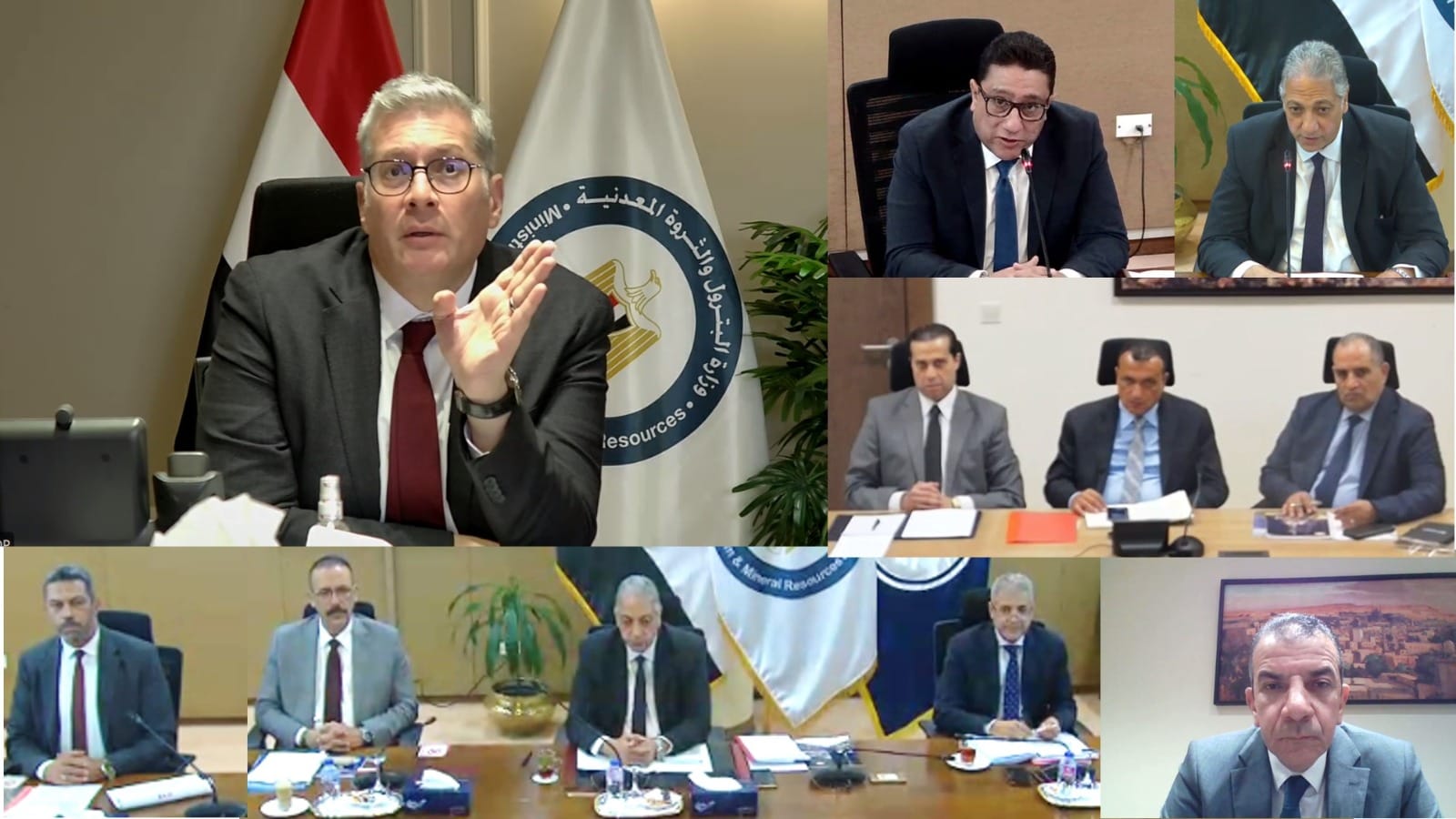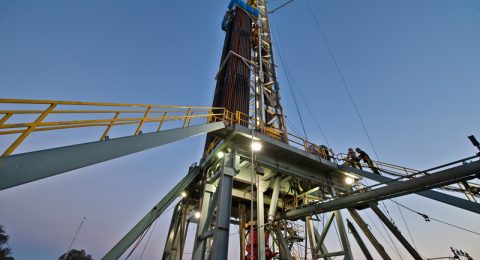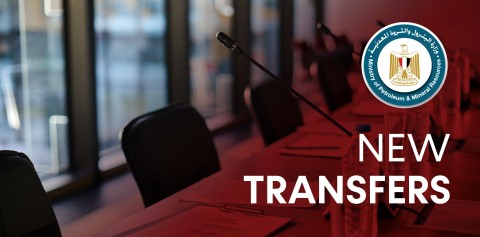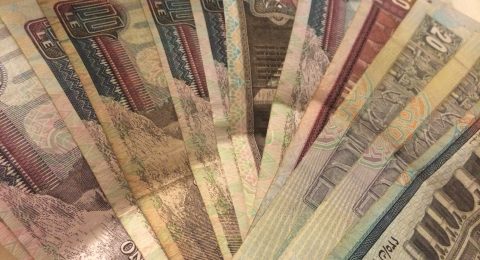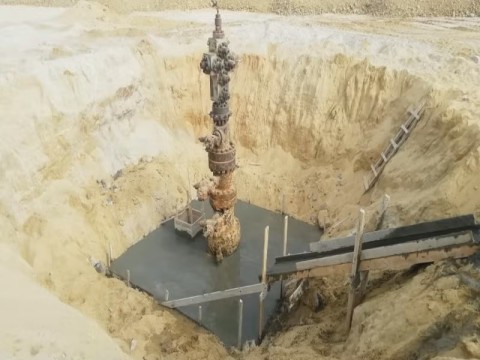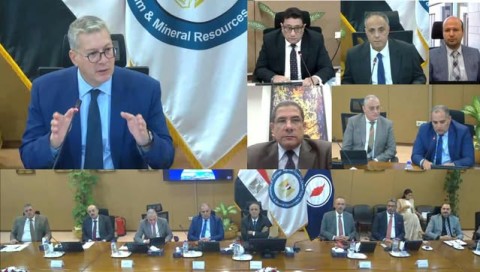Ibrahim Massoud, the Chairman of Western Desert Petroleum Company (WEPCO), operating Al Hamra Petroleum Port and Badr Petroleum Company, stated that about 81 million barrels were received through the storage facilities at Al Hamra Port, and about 27 million barrels were shipped through the marine facilities, in addition to supplying the refineries with about 54 million barrels through the onshore.
He said that during the general assembly meeting of the two companies attended by the Minister of Petroleum and Mineral Resources Karim Badawi.
The Chairman added that this progress was done with full commitment to implementing all health, safety, and environment measures, which led to achieving 27 million safe working hours.
He explained the work that was implemented in the field of HSE which included the fire-fighting system that was developed to serve the ongoing expansions being implemented in the southern region to achieve the necessary safety requirements.
It should be noted that WEPCO started establishing assets integrity and safety system to achieve safe operation and extend the life of the equipment.
The assembly witnessed the presentation of the planned and ongoing projects, most notably the expansions of the northern region to establish two warehouses to store and trade 630,000 barrels of crude oil for each warehouse, with the aim of reaching a total capacity for Al Hamra port of of about 4 million barrels.
Another expansion operations are underway in the framework of the general plan to fully exploit the northern expansions and the western region currently available at the port of Al Hamra to reach a total capacity estimated at 10.5 million barrels.
As for the southern expansion area, the integrated works are being carried out in two phases. The first phase is the construction of two warehouses for storing and trading diesel with a capacity of 20,000 tons for each warehouse, the electricity distribution station, and the rest of the facilities. The implementation of the second phase of the project has also begun, which includes the construction of three diesel warehouses with a capacity of 10,000 tons for each warehouse, two warehouses for jet fuel with a capacity of 20,000 tons for each warehouse, and a diesel warehouse with a capacity of 20,000 tons, in addition to the needed facilities and infrastructures.
The integrated works for the expansions are being carried out by Petrojet, which maximizes the local component and supports the acceleration of its implementation.
For Badr Petroleum , Massoud elaborated that Badr X10 exploratory well was put into production at a rate of 15 million cubic feet (mmcf) of gas and 550 barrels per day (bbl/d). During the assembly, the operations for increasing production were reviewed which come in line with the plan of the Ministry of Petroleum and Mineral Resources (MoPMR) by using modern and diverse technological techniques aiming at improving performance efficiency, increasing production rates, achieving maximum benefit from unconventional reservoirs, and increasing proven reserves of crude oil and gas.
He mentioned that 1.5 million barrels of crude oil were produced while maintaining the lowest cost of production per barrel, in addition to the success in increasing proven reserves of oil and gas by about 2 million barrels of oil equivalent (mmboe), as the total remaining and extractable reserves reached 15 million barrels of crude oil.
This was confirmed by drilling seven exploratory wells and 20 development wells, in addition to maintaining and re-completing brownfields, with full commitment to all safety standards and considering all health, safety and environment measures noting that working hours without accidents reached about 5 million hours.
